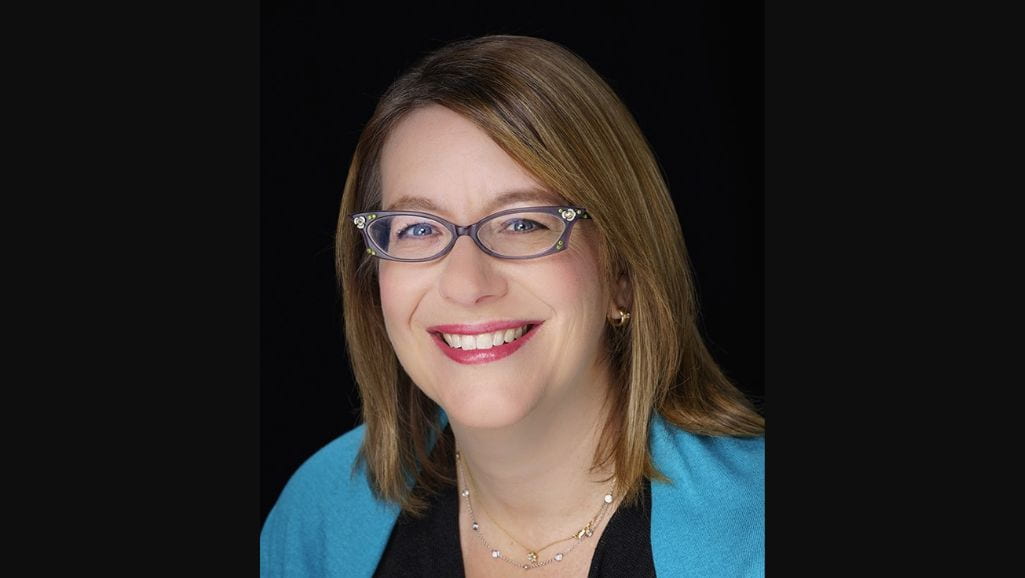Danielle Lazar, DrPH, Executive Director of Research, Evaluation, and Innovation at Access Community Health Network
Where are you from?
I am originally from Stony Brook, New York. I moved to Chicago in 1992 for graduate school in public policy at the University of Chicago. I did not expect to stay, yet here I am 30 years later!
What led you to your current organization?
I’ve been at ACCESS for 17 years. Before ACCESS, I was head of development at Chicago Christian Industrial League (CCIL). A lot of my work was in social services, homeless services, housing, those kinds of things. At CCIL, we had about 350 people living onsite, including about 75 families. We created an in-house health clinic with a wonderful nurse practitioner from Rush. Many of our clients were formerly incarcerated, had substance abuse disorders, uncontrolled chronic diseases like diabetes and other issues. Under the care of this nurse, we had incredible results: 95% of our clients had full adherence to their medication. People who were HIV+ were getting better. Some of the women were uncomfortable coming into the clinic when there were men there from past trauma, so we also created a women’s health clinic. It gave me a much better understanding of the critical role of accessible healthcare in improving lives.
I came to ACCESS in 2006 as a manager in the planning and development department. I thought it was an opportunity to work in public health and community health and think about the intersection between social services and vulnerable populations from the health care side. The first project I got funded was through SAMHSA where we integrated intensive case management services [with health care] for women coming out of Cook County Jail. A health case manager is paired with an onsite case manager who is expert in judicial issues in post-incarcerated adults, and they work together with women coming out of jail to make sure they are connected to care and their parole officers to address substance use, health screenings, parole, and judicial issues. It was very successful and resulted in improved healthcare, social connections and reduced recidivism among the women who participated.
What do you hope to accomplish as a member of CSAC?
As head of research and evaluation at ACCESS, I hope to help frame for C3EN the ways that research and evaluation can be more bidirectional. One of the values of C3EN and the CSAC is that it’s cross-institutional. In a city like Chicago, we have some of the best institutions and community organizations in the country doing incredible work. The CSAC provides an opportunity to bring that together to solve problems. Problem-solving and research often comes from the top down, but that’s not what C3EN is about. The CSAC is a testament to that. Because I’m an embedded researcher within a federally qualified health center (FQHC), and I head an embedded evaluation team, I think I can help CSAC and C3EN think about these dual roles. How can community-based organizations help researchers prioritize what they’re doing in a meaningful way, and how can these prominent institutions bring what they know to the community in a meaningful way? If we do that, how can we create change?
What are some issues in your community you hope to resolve?
I think the biggest issue we need to solve is poverty. When we talk about the social determinants of health, health disparities and health equity, the core is disinvestment from community and poverty. I think there are things we can do. How can we solve for some of these things that really shouldn’t be in a city like Chicago? That it takes some people two buses and a train to get fresh groceries is ridiculous. There are different issues for different communities. Some people would say violence is the biggest issue. What’s underneath that? Lack of opportunity.
What is something most people would be surprised to know about you?
I really love musicals. I love all kinds of musicals—new ones, old ones, bad ones—if you come into my car, the Broadway station is on!

